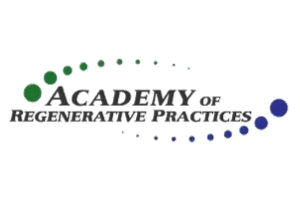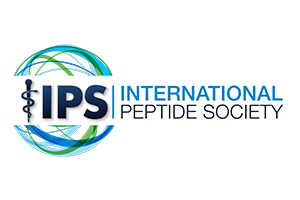Rheumatology
- Home
- Rheumatology
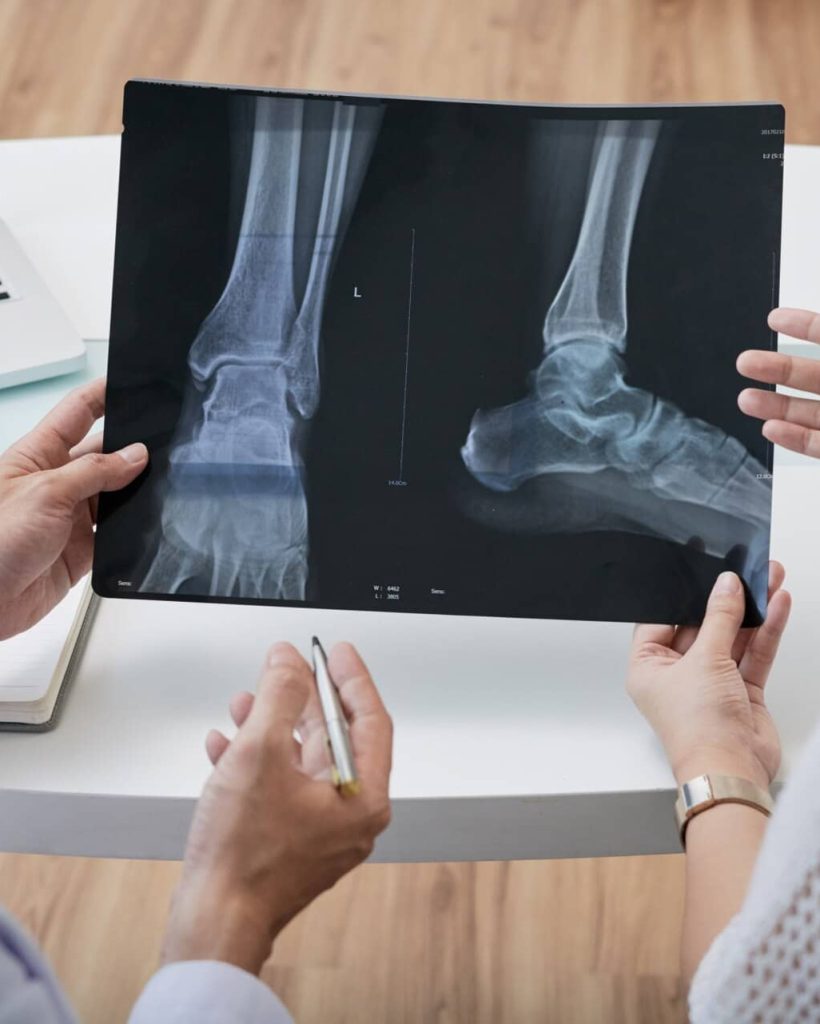
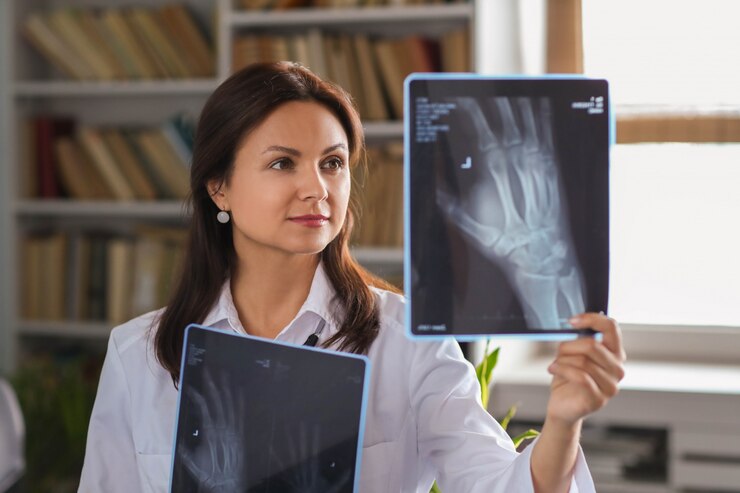
Medical Service
Rheumatology
Quality of Care Services
Board-certified expertise, personalized care, and state-of-the-art facilities for comprehensive wellness.
Standards of Treatment
High standards of treatment with personalized care and advanced medical technologies.
Infection Prevention
Stringent infection prevention protocols ensure patient safety and well-being always.
24/7 Working Time
Round-the-clock availability ensures access to care whenever you need it.
Rheumatology
How to help people with rheumatology problems

Surgery
The doctor may perform surgery to restore joint function and stability, such as a hip replacement or shoulder replacement. Postoperative rehabilitation is required after the surgery to aid recovery and keep muscles strong. The rehabilitation may include physiotherapy, occupational therapy, hydrotherapy, and massage. The doctor can assist the patient in exercising and strengthening muscles after surgery. The doctor is also likely to prescribe medication such as non-steroidal anti-inflammatories (NSAIDs) such as ibuprofen or naproxen sodium.
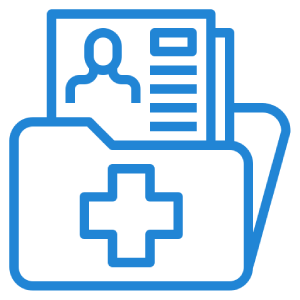
Joint and Tendon Injections
Tendons and ligaments are strengthened to improve movement, which can help relieve pain and decrease swelling in your joints. A doctor may inject a local anesthetic into the joint, causing it to be numb. This can help the patient’s pain and make the joint stronger. The injection process is called “arthrocentesis,” which means “drawing blood from below.” Doctors do this in a swollen and inflamed joint, which may feel better after drawing out the fluid causing inflammation. A steroid may also be injected into a joint to reduce inflammation and swelling.
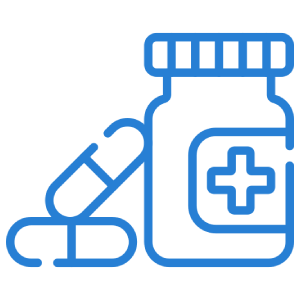
Medicine
Medications can be prescribed to reduce inflammation. These drugs include steroids, cyclosporine, and adalimumab. Steroids are used in low doses for short periods. Cyclosporine and adalimumab are anti-inflammatory drugs that suppress the immune system and reduce inflammation in the joints. Medication such as methotrexate can decrease inflammation and suppress the production of the autoimmune antibodies that cause rheumatoid arthritis. Over-the-counter pain medications such as acetaminophen can help relieve pain but do not affect inflammation.

Education and support groups
Support groups can offer information, education, and tips on how to manage specific issues. Having a resource in a group can help your quality of life. People affected by rheumatoid arthritis often feel isolated and alienated because of their physical problems. There is no cure for the disease, but it is manageable, and many people can lead active lives.
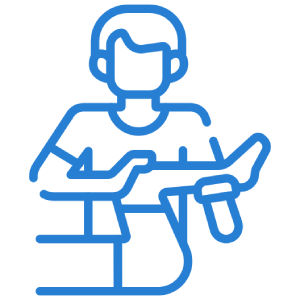
Physical Therapy
Exercise and working out are necessary. Physical therapy may also help with muscle strengthening. Physical therapy is prescribed by a physical therapist or occupational therapist who can give you exercises to strengthen the muscles in your joints. Some forms of massage may also relieve pain caused by nerve injury or stiffness, relieve muscular tension, and improve blood circulation. For example, massages with acupressure may help reduce pain.



